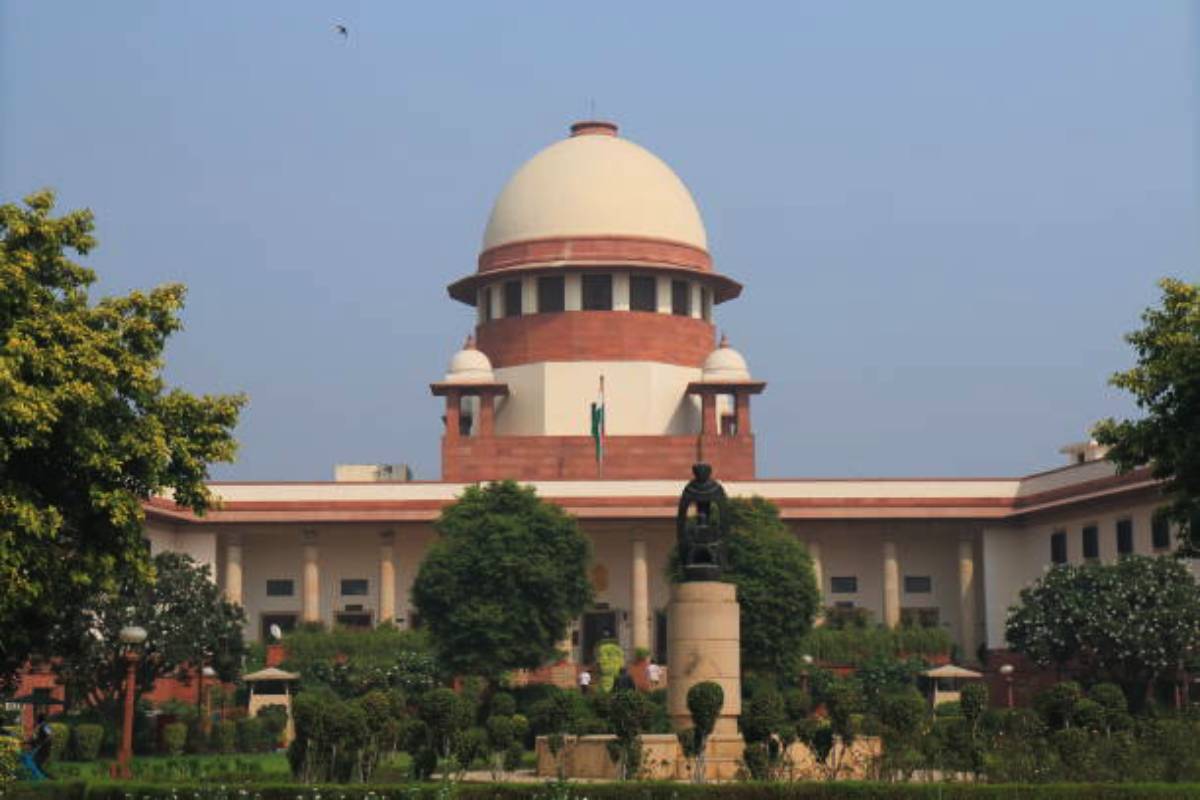In a setback to the Tamil Nadu government, the Supreme Court on Tuesday rejected its appeal against the state high court’s order permitting the Rashtriya Swayamsevak Sangh (RSS) to hold its public programmes including route marches in the State in the open areas.
Pronouncing the order that paved the way for the RSS to now go ahead with its public programmes and route marches across the state, a bench of Justice V Ramasubramanian and Justice Pankaj Mithal in an order declared, “All appeals dismissed.”
Advertisement
The court said that the senior advocates appearing for the RSS and its Chennai based functionary have rightly contended that the main objection raised by the state government before the high court was that after the imposition of a ban on another organization (an apparent reference to PFI), law and order problems cropped up in certain places and that the same led to several cases being registered.
Without divulging details of the incidents mentioned in the chart given to the court by Tamil Nadu government on account of its “sensitivities”, the judgment said that the “Chart provided by the State Government shows that the members of the respondent organization (RSS) were the victims in many of those cases and that they were not the perpetrators.”
Having said this, the top court said, “Therefore, it is not possible for us to find fault with the order passed by the learned Judge either in the main writ petitions or in the review applications. Hence all the special leave petitions are liable to be dismissed.”
The Tamil Nadu government had approached the top court challenging the State High court’s February 10, 2023, order directing Tamil Nadu police to grant permission to RSS to take out route marches in various districts across the State on public roads including holding other programmes in an open arena.
The Supreme Court had reserved its order on March 27 upon the conclusion of arguments by the senior advocate Mukul Rohatgi appearing for Tamil Nadu government, senior advocate Mahesh Jethmalani appearing for the respondent RSS functionary G. Subramanian from Chennai and senior advocate Maneka Guruswamy, appearing for the RSS.
The state government had maintained that RSS can hold its programmes but not in open space but within an enclosed area. “We have not opposed RSS route march and meetings but it cannot on every street and mohalla (locality) in the State” Tamil Nadu had told the court when the matter was being heard.
Tamil Nadu government had told the court that RSS programmes in the State can take place but it cannot be without restrictions and in certain areas the proposed route marches and gatherings cannot be permitted.
Mukul Rohatgi had told the top court that there is no absolute right to hold a programme, and the same is subject to restrictions by the police being responsible for maintaining law and order. He had questioned the high court direction and asked how there could be a direction that route marches can be taken out wherever desired.
On the other hand, senior advocate Mahesh Jethmalani had argued that Tamil Nadu government was not allowing the route marches on the apprehension that they may come under attack when the programme is on.
Jethmalani had said that because of the apprehension of someone else’s specious conduct, the fundamental rights cannot be regimented in this fashion. He had said that similar programmes in the past have passed off peacefully, there were no complaints.
Senior Advocate Maneka Guruswamy had questioned the status report filed by Tamil Nadu government, asking can public order and reasonable restrictions be reduced to state that RSS processions can be permitted only in an enclosed ground.
